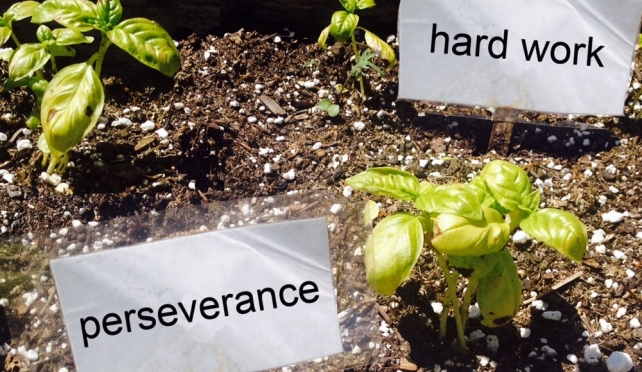By Erik Apahnis
I grew up in a home surrounded by woods in a rural part of northeastern Connecticut. On our three acres, we had a garden of about 400 square feet that was home to rhubarb, squash, watermelon, beans, tomatoes, cucumbers, and zucchini.
In addition to helping my dad install a fence and harvest produce, my brother and I had to weed. Weeding, from my parents’ perspective, was necessary to cultivate the virtue of hard work. Throughout the summer, we usually had one day every week or so where we had to pull a hundred weeds. While it may not seem like much now, this sounded like an insane amount of weeds for a late elementary through middle school student. To make it this dread chore more entertaining, my brother and I played a game of “Five Questions,” where we had to guess the name of a then-current professional baseball player by asking five questions. Truth be known, I still have an uncanny ability to recall baseball players from the mid-late 1980s without any help from Google.
Instead of just applying ourselves and pulling the weeds, my brother and I would pause, sit, and noodle on questions as we narrowed our guesses—much to the chagrin of my mom who would peak out the screen door and insist that an hour in the garden to pull a hundred weeds was way too long (turns out, she was right!).
So what does this memory have to do with Great Kids Farm? A garden is where great memories are cultivated because it is a place where values are taught. It’s where I learned that it takes hard work before there is bounty, and that a shared garden is better than a solitary one.
While the students who come to Great Kids Farm may not experience gardening like I did, they do get to complete experiential and work-based learning programs that can contribute to their own personal growth and even open up new interests and passions.
And it can all happen without weeding!


